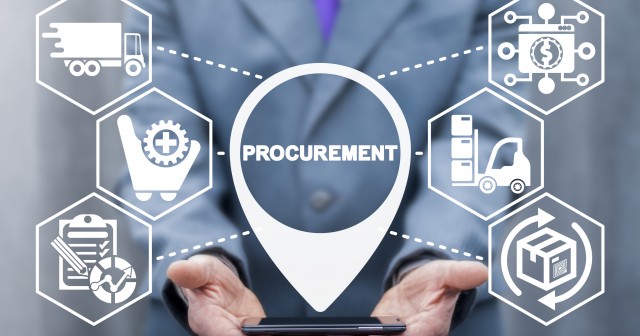
Project Procurement.
In this post I’m going to explore buying goods and services for your project. The first thing to say is that buying for your project should continually deliver value. Good project buying includes planing and delivering and engaging with suppliers and consistently show that the suppliers being used are providing the best overall value to your business.
This is why procurement is such a critical part of project management. In some projects buying can increase in size and complexity, there are simply more activities, stakeholders and risks that need to be identified and managed.
For a Project Manager it is important that you are integrated into the procurement process. Therefore your involvement significantly increases the odds of not only a successful procurement, but also an on-time and on-budget project.
There are five I mportant aspects to bare in mind when buying for your project.
1. Initiating the Project. When there is a new service or product to buy, the Project Manager should start the buying process. This may include getting the initial stakeholders together to understand the scope and objectives of the purchase to discuss high-level expectations and timelines for the products and service that need to be ordered.
3. Creating the Procurement Plan. Establishing a comprehensive procurement plan is an important role for the Project Manager to define the expectations and align stakeholders. An effective procurement plan covers not only the process for buying the goods, technology, or services but also the post-procurement activities required to effectively transition into the business operation. The transition plan may not come into operation until a supplier is selected, but it’s a critical part of the overall success of the project.
3. Coordinating Suppliers. Multiple suppliers may be involved during the procurement process, and each supplier may have multiple personnel involved. The Project Manager’s role is to ensure each supplier has identified their own point of contact
4. Communicating Responsibilities and Updates. Keeping all stakeholders on track during the procurement process is a necessity if you want to hit deadlines.The Project Manager is responsible for determining what information is important to communicate, collecting that information from the appropriate stakeholders, and packaging and distributing it at the right times. Weekly email updates, project status reports, and face-to-face meetings are all forms of communication channels that the Project Manager can use throughout a project.
5. Supporting Implementation and Transition. Once the buying is complete and a contract has been signed with a supplier the Project Manager is now focused on the implementation of the solution rather than the selection of the supplier. The PM also provides the knowledge of the procurement process and the implementation process, ensuring that there is a continuity of knowledge and expectations throughout the entire life cycle of the project.